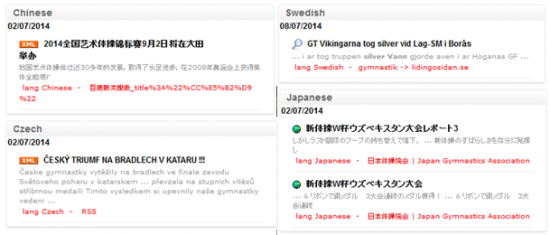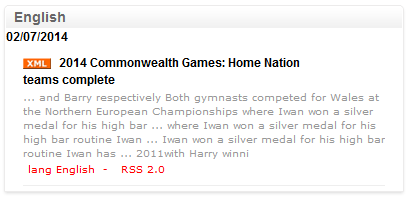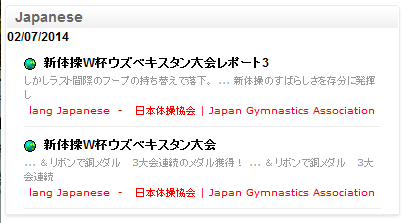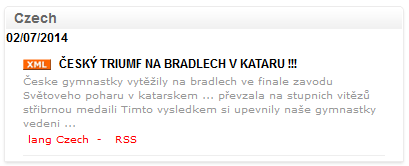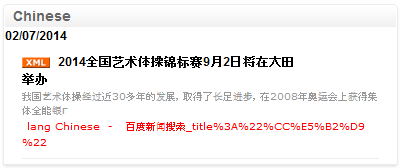The Many Languages of Digimind & Our Clients
Digimind has clients from all over the world: China, Finland, France, Germany, India, Italy, Japan, Morocco, the Netherlands, Taiwan, the UK, the US, to name just a few.
A question we often get is whether Digimind will find information in languages other than English. The answer is: of course! and in many other languages. It all depends on which keywords you use to write your query.
Working Together
For over 15 years, Digimind has been helping clients who speak and work in many different languages. As we work together to build their understanding, competences, and skills with Digimind, we are never hindered by languages barriers. For example, we recently worked with a team of people from Asia, where we combined our skills to prepare a CI project that brought back information in English, Japanese, Korean, Mandarin, and Taiwanese.
Working together as a team, we bring different qualities. Our clients’ diverse language skills allow us to prepare queries in any language they need, and we have a very multi-cultural staff and many years of experience working with keywords and operators, fine-tuning techniques and query building.
Some Examples
Take this query in English:
The Digimind agent brought back this:
This Japanese query:
brought back these alerts:
This Czech query:
brought back this:
This Chinese query:
Some Techniques
For some scripts and alphabets, it is a good idea to group symbols with " ". This is true for Japanese, Chinese, Korean, and other Asian languages.
Respect linguistic rules. In these examples, the Czech query is the longest because there are more variations in the grammatical forms of gold, silver and bronze. In Chinese, there are no differences for plurals, so this did not need to be included in the query. The individual characters for gold, silver and bronze were removed from the Chinese query in order to reduce noise. This is because these symbols can be combined with others to create new words and meanings.
Digimind Gears up for dmexco 2014

